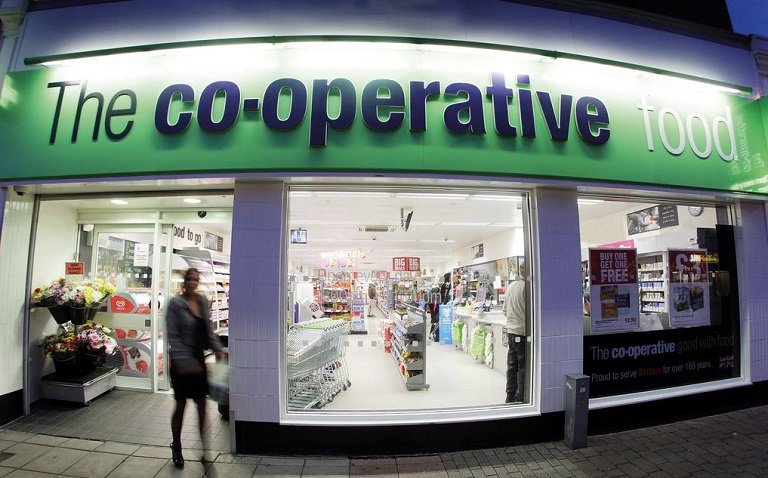A hunger crisis is rapidly developing among British people in lockdown, as millions report having to go without meals, food charities and local government have warned.
Just three weeks into the lockdown, the Food Foundation said that 1.5 million Britons reported not eating for a whole day because they had no money or access to food. Some 3 million people in total were in households where someone had been forced to skip some meals.
More than 1 million people reported losing all their income because of the pandemic, with over a third of them believing they would not be entitled to any government help.
The foundation’s findings are based on a YouGov poll carried out across England, Scotland and Wales this week. Its director, Anna Taylor, said the crisis was too big to be left to food banks and local authorities without funding. “This needs urgent and substantial investment from central government which needs to put money directly into the pockets of families who can’t afford food.”
Charities running food banks are also struggling to cope with a huge rise in people coming to them for emergency parcels. Sabine Goodwin, coordinator of the Independent Food Aid Network, said she feared the government was being too slow to respond and the situation was “spiralling out of control”.
She said: “Food banks in our network are seeing as much as a 300% increase in footfall compared to this time last year but are still struggling to source enough appropriate food.”
Local authorities told the Guardian that the Food Foundation findings reflected what they are seeing on the ground. In Liverpool, for example, there has been a 150% increase in emergency grants from the council to people who have no food or money for electricity since the lockdown.
The city has a highly developed network of food banks and food distribution charities which have increased their operations rapidly in the last few weeks.
FareShare, the nationwide distributor of surplus food, is now open longer hours in Liverpool – from 7am to 10pm – and has distributed £380,000 worth of goods to families in need in the last five days.
Football fans supporting food banks have also raised £150,000 to buy more stock but the city’s assistant mayor, Jane Corbett, said families were being hit by “the double whammy of austerity and Covid-19” and charity was not enough on its own.
She warned that the local authority could not pay for the impact of the pandemic without funding from government. “The fragility of our current social security system is now being seen in stark relief; extreme pressure on food banks is just one clear example. Our budget has been cut by 63% since 2013.”
The numbers reporting going hungry in the last three weeks are 1.5 to two times higher than those experiencing hunger over a whole year in recent times, according to Dr Rachel Loopstra, lecturer in nutrition at King’s College London. “They suggest the Covid-19 lockdown has had a swift and devastating impact on the population’s ability to access sufficient food, both for economic reasons and because of self-isolation,” she said. YouGov polled 4,343 adults from 7-9 April and weighted its figures to represent all British adults.
A government spokesperson said: “Public safety and making sure that those most at risk from the virus get the support they need is our top priority. People should stay at home, to help protect our NHS and save lives.
“We’re working with the groceries industry, local government, local resilience and emergency partners to ensure essential items are delivered as soon as possible to the most vulnerable.”











